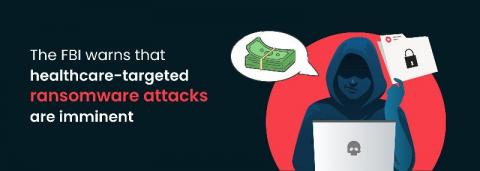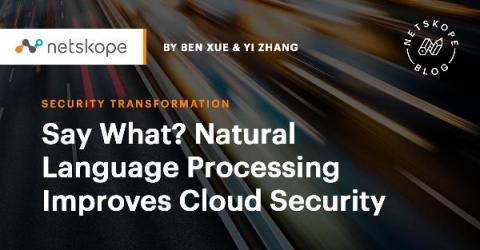Alert AA20-302A: Federal agencies warn about ransomware attacks targeting hospitals
A cybersecurity bulletin was released by the Federal Bureau of Investigation (FBI), the Cybersecurity and Infrastructure Security Agency (CISA), and the Department of Health and Human Services (HHS) on October 28, 2020. The three agencies have issued a high-level warning about an increased, imminent threat of ransomware attacks in the healthcare sector. The cybercriminal group behind the TrickBot, Ryuk, and BazarLoader malware is now targeting U.S. hospitals and healthcare providers.











